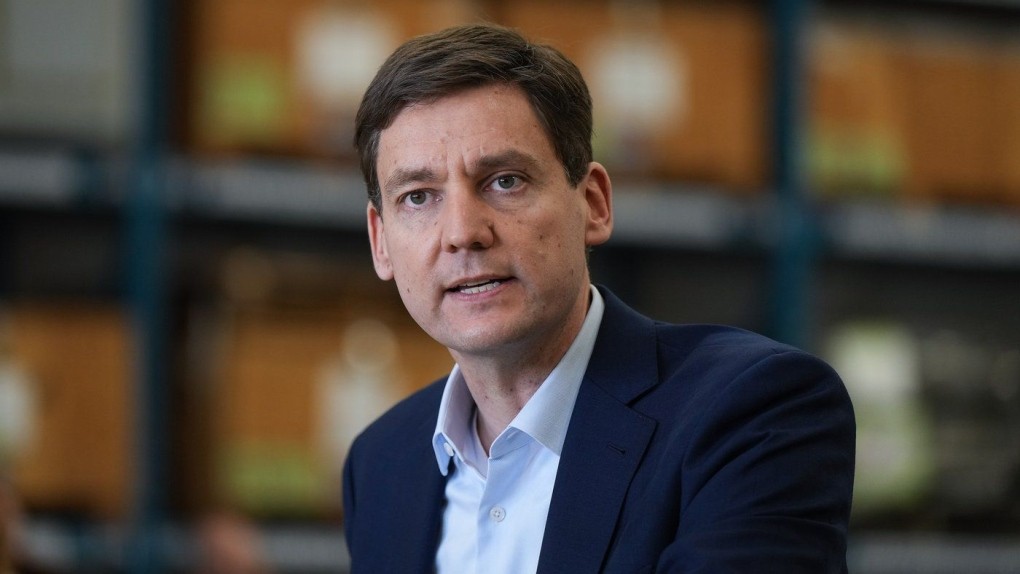Canadian Premier Expresses Frustration Over Lack of Information on Khalistani Terrorist’s Killing Amid India-Canada Tensions
British Columbia — David Eby, the Premier of Canada’s British Columbia province, voiced his frustration on Friday regarding the withholding of information related to the killing of Khalistani terrorist Hardeep Singh Nijjar. He suggested that the Justin Trudeau government may have relied solely on Open Source Intelligence (OSINT) rather than Human Source Intelligence (HUMINT).
Speaking at a press conference, Eby stated that all the information he possesses regarding Nijjar’s killing is “open source information” accessible to the public through a simple internet search. He expressed frustration over the limited information available, saying, “The only briefings that I have been able to receive from CSIS (Canadian Security Intelligence Service)… are ‘open source briefings,’ which is information that is available to the public doing an internet search, which I find frustrating.”
Eby revealed that he was contacted by Canadian Prime Minister Trudeau, who briefed him on the allegations he intended to make in Parliament. He was also briefed by the CSIS Director on the matter.
During his meeting with the CSIS director, Eby expressed his dissatisfaction with the inability to obtain more concrete information on the case and conveyed this frustration to the federal government. He suggested that reforms may be needed to the act governing CSIS to enable them to share such information.
Eby emphasized the need for the federal government to trust the provincial government and share adequate information about Nijjar’s death, which could help protect residents. He urged cooperation, saying, “If that’s what’s required, let’s make it happen because the only way that we’re going to make traction on this is by the federal government trusting the provincial government with information and being able to act on it in our local communities.”
These comments by Eby come in the wake of Trudeau’s allegations, made earlier in the week, linking “agents” of the Indian government to Nijjar’s killing. India promptly dismissed these allegations as “absurd” and “motivated,” resulting in the expulsion of diplomats from both countries.
The diplomatic row has escalated, with India suspending visa services for Canadian nationals and calling for a reduction in Ottawa’s diplomats due to security threats. India has openly labeled Canada a ‘safe haven’ for terrorists and extremists.
Trudeau, however, stated that his intention was not to provoke or cause problems with India and urged cooperation with the ongoing investigation. Canada has yet to provide public evidence supporting its allegations against India.
In response to the escalating tensions, US Secretary of State Antony Blinken expressed deep concern over Trudeau’s allegations and stressed the importance of the investigation. The US has been closely coordinating with Canada on the matter and believes that the Canadian investigation should proceed.
Blinken’s remarks followed the US’s statement of support for Canada’s efforts to investigate the allegations against India, emphasizing that no country should receive a “special exemption” for such activities.



